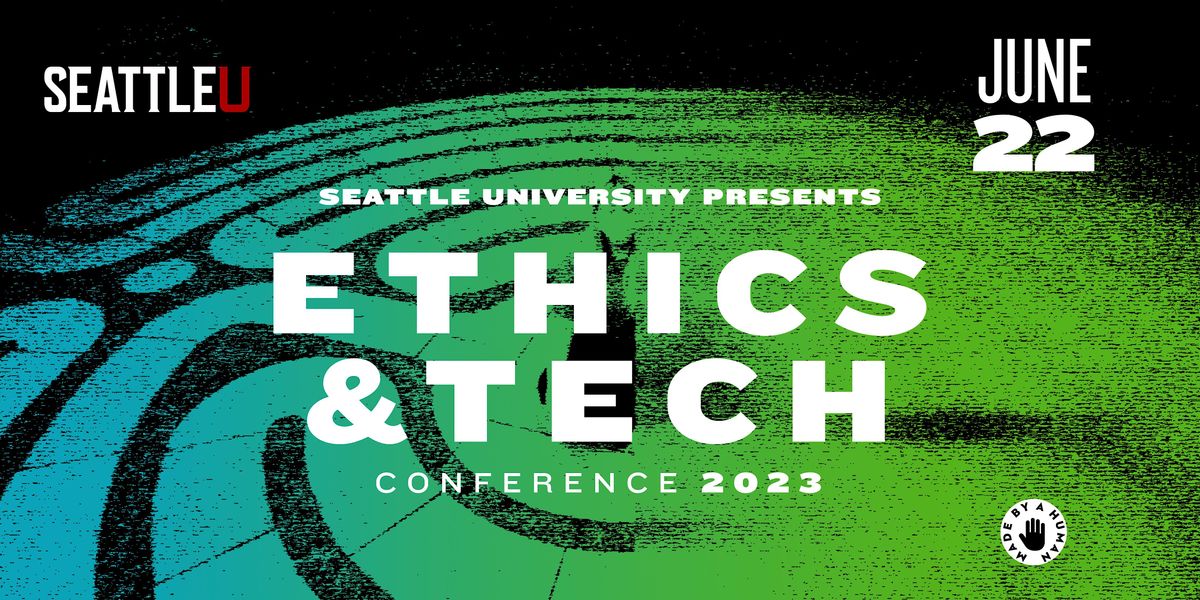
About this Event
Efforts to prepare the next generation of workers have evolved over the centuries, in large part because of technologies that allow for more efficient forms of knowledge dissemination. Despite these technological advancements, the basic norms underlying workforce preparation have remained remarkably stable. But recent developments in machine intelligence generally and machine creativity specifically will likely reshape workforce preparation, as there are now an indefinite number of ways that artificial agents can provoke, inform, and facilitate change in human skills and knowledge. This has major ethical implications, as knowledge transfers from human to human are value-laden in explicit and implicit ways, and that may not always be true in an educational paradigm dominated by artificial agents. These potential developments take on even more relevance when combined with another trend, namely the growing efforts of big tech to educate their own workforce. These rapid developments promise to bring significant changes to the education sector.
These trends raise important questions, such as:
- How can AI technologies be used to better prepare workers for success not just in short term work tasks but for long term careers and other life paths?
- What are the ethical threats associated with depending on these technologies and what can be done to mitigate them?
- What are the implications for the growing trend of big tech to prepare their own workers?
- What are the implications for traditional, accredited educational institutions?
- Are traditional educational institutions collaborators or competitors with the educational programs of the tech industry?
- Are artificial agents collaborators or competitors with human educators?
- Will non-accredited organizations be more nimble in adopting these technologies?
- Will intelligent machines take the jobs of the very workers they train?
Meet the speakers

Blaise Agüera y Arcas
VP & Fellow at Google Research
Blaise Agüera y Arcas is a VP and Fellow at Google Research, where he leads an organization working on basic research and new products in Artificial Intelligence. He is the inventor of Federated Learning, an approach to training neural networks without compromising data privacy, and many of the AI features in Android and Pixel phones were developed by his team. Blaise also founded Google’s Artists and Machine Intelligence program, and has been an active participant in cross-disciplinary dialogs about AI and ethics, fairness and bias, policy, and risk. In 2008, he was awarded MIT’s TR35 prize. He has given TED talks on Seadragon and Photosynth (2007, 2012), Bing Maps (2010), and machine creativity (2016), and written widely read essays on art and technology, physiognomy and bias in AI. He has written a novella, , and his recent articles and op-eds express heterodox views on current hot topics in AI.

Fr. Paolo Benanti
Rome Call for AI Ethics Advisor to Pope Francis
Professor, Pontificia Università Gregoriana
Paolo Benanti, born in Rome (Italy), on 20 July 1973, has been a Franciscan of the Third Order Regular since 1999. His studies have included engineering (La Sapienza), as well as philosophy and theology (Lateran, Gregorian), with special interest in ethics and moral theology; his doctorate was in the area of bioethics. Professor of Moral Theology, Bioethics and Neuroethics at the Gregorian. He is a member of the Task Force on Artificial Intelligence of the Agenzia per l'Italia Digitale and the Prime Minister’s Office. The author of many academic and more popular articles, he has recently published the books Postumano, troppo postumano. Neurotecnologie e human enhancement, Castelvecchi, Roma 2017, and, Oracoli. Tra algoretica e algocrazia, Luca Sossela Editore, Roma 2018.

Kate Schmidt
Director of Operations, Deloitte AI Institute
Kate Schmidt is Operations Leader for the Global Deloitte AI Institute. Kate focuses on amplifying Deloitte’s Age of With™ messaging in the market, and connecting Deloitte’s clients to the AI ecosystem. Prior to her role within the Deloitte AI Institute, Kate led large scale global finance transformation programs in consumer and industrial products, life sciences, and high tech industries.

ROUNDTABLE MODERATOR
Daniel Kluttz
Director of Sensitive Uses, Office of Responsible AI at Microsoft
Daniel leads Microsoft’s Sensitive Uses of AI program in its Office of Responsible AI. In that role, he has built the Sensitive Uses team that advises engineers, product managers, and legal affairs professionals on Microsoft’s most critical and sensitive AI-driven products. In addition to product consulting, Daniel drives responsible AI strategy, develops governance programs, and advances policies so that Microsoft delivers on its responsible AI principles and innovates responsibly. Daniel’s unique background as an attorney and sociologist informs his work bridging the legal, societal, and technical dimensions of developing and deploying AI at scale.
Event Venue & Nearby Stays
Seattle University Sinegal Center for Science & Innovation, 901 12th Avenue, Seattle, United States
USD 0.00
